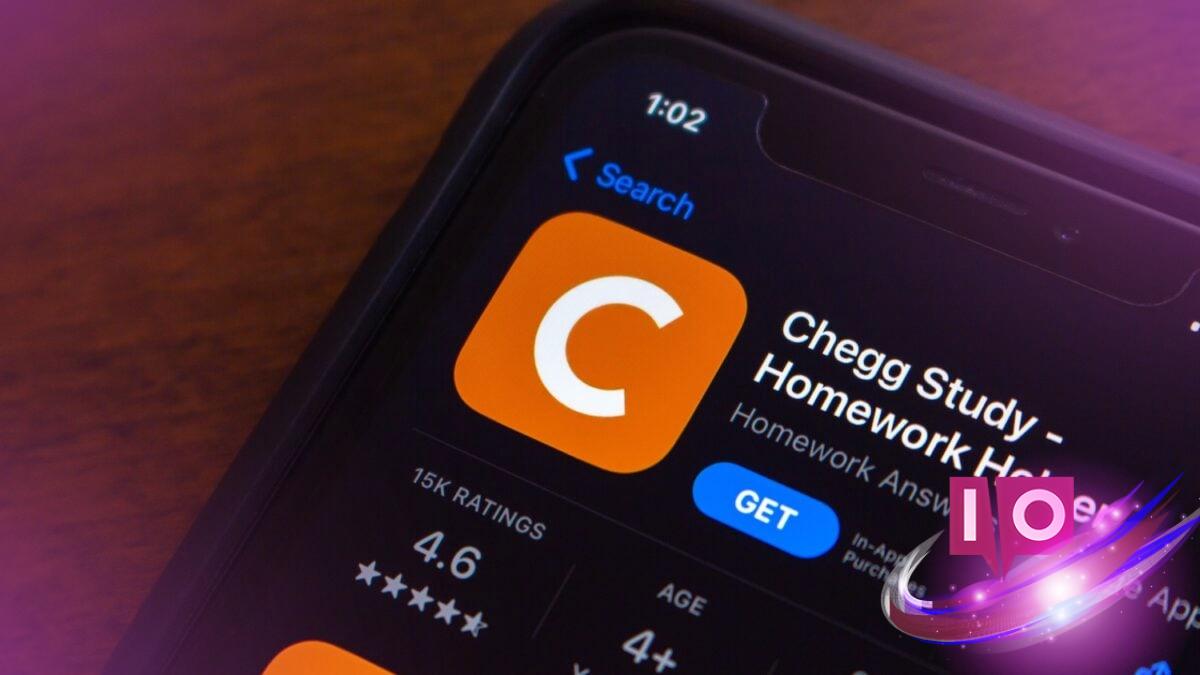Imagine being a college student during Covid and hearing a future visitor tell you that a new platform, even lazier and more efficient than Chegg, is on the horizon. You’d likely brush it off as a wild fantasy. However, this future prediction aligns all too well with the emergence of ChatGPT and similar AI technologies, which have disrupted traditional educational services like Chegg.
Recent insights reveal that Chegg is grappling with a decline in usage largely due to the growing popularity of AI tools. A Chegg representative recently acknowledged that AI and decreased search traffic from Google have led to a sharp drop in both users and revenue, as reported by Reuters.
The Rise and Fall of Chegg
Between March 2020 and January 2021, Chegg’s stock soared by a staggering 345%, riding the wave of students seeking academic support during lockdowns. This surge was fueled by two major assets: a vast database of 46 million textbooks and a workforce of approximately 70,000 experts ready to assist students in real-time. The monthly subscription cost at the time was just $14.95.
Significant Decline and Competitor Pressure
Fast forward to November of last year, when Chegg’s stock plummeted by 99% from its peak, erasing nearly $14.5 billion in market value. This decline can be attributed primarily to the introduction of AI innovations like ChatGPT, which forced Chegg to launch its own chatbot—a move that ultimately fell flat, as discussed in this Wired article.
Legal Troubles and Workforce Cuts
In a desperate attempt to regain its footing, Chegg filed a lawsuit against Google in February this year, claiming that their proprietary content was unfairly utilized by Google’s AI features. This lawsuit highlights the mounting frustration in the edtech industry as they confront AI’s encroachment on their business models.
As part of a major restructuring effort, Chegg has announced the elimination of 388 roles—an eye-opening 45% of its workforce. Notably, this cut does not affect the many freelance experts based in India, who are viewed differently under employment laws.
New Leadership and Future Directions
Dan Rosensweig, the former CEO, has returned to steer the company during this challenging time. While Chegg has considered going private or selling, it ultimately chose to remain public and revert to its previous leadership. It appears the company is banking on nostalgia to reinvent its fortunes.
Is Chegg’s Future Secure?
With fierce competition from AI and shifting student preferences, the future remains uncertain for Chegg. Their efforts to adapt are commendable, but it raises questions: will traditional academic support platforms survive in an AI-driven landscape? Only time will tell.
Are other companies facing similar issues? Many traditional educational platforms are experiencing challenges as they strive to integrate AI into their services. The key lies in innovation and adaptation to new technologies.
What are the implications for students? As AI tools become more prevalent, students may find themselves leaning more toward these alternatives for quick answers, potentially affecting their learning experiences.
How can Chegg reinvent itself? By leveraging AI sustainably and focusing on unique value propositions, Chegg can find ways to coexist with these new technologies.
In conclusion, the tides are turning in the educational technology space, posing significant challenges for established players like Chegg. Exploring related content on edtech innovations and adaptability strategies can provide further insights. Check out more at Moyens I/O.
